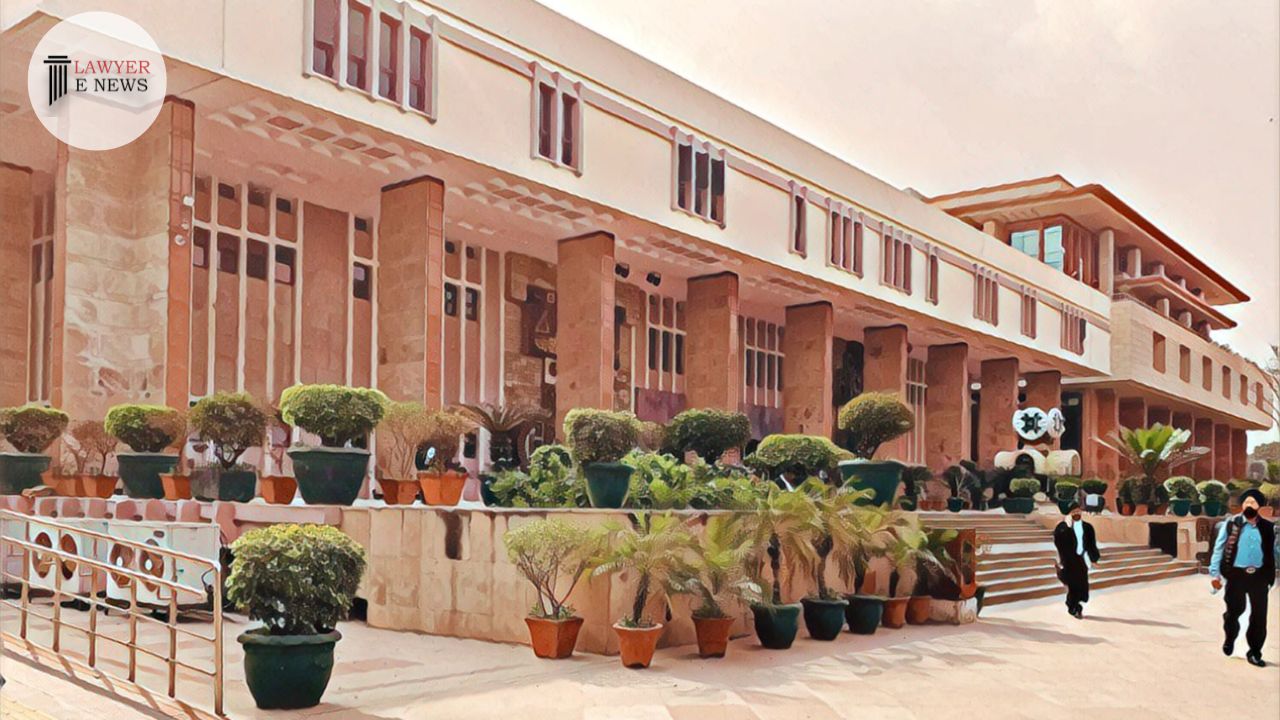-
by Admin
15 February 2026 5:01 PM



In a significant verdict that reinforces the principles of consumer welfare and fair market practices under the GST regime, the Delhi High Court today upheld the constitutional validity of Section 171 of the Central Goods and Services Tax Act, 2017 (CGST Act), along with several rules under the Central Goods and Services Tax Rules, 2017. The bench, comprising the Acting Chief Justice and Justice Dinesh Kumar Sharma, delivered the landmark judgment, setting a precedent in the realm of indirect taxation and consumer rights.
The petitions, filed by Reckitt Benckiser India Private Limited and M/S Adhiraj Constructions Pvt. Ltd., challenged the constitutional validity of anti-profiteering measures under the GST law, particularly focusing on the legality of notices and orders issued by the National Anti-Profiteering Authority (NAA).
In its comprehensive judgment, the Court observed, "Section 171 of the Act, 2017 is broad enough to empower the Central Government to prescribe penalty and interest to ensure that the suppliers are deterred from pocketing the benefits meant for the consumers when taxes are foregone by the Government." This observation highlights the court's stance on ensuring that the reduction in tax rates and the benefit of input tax credits are rightfully passed on to the end consumers.
Addressing the concerns regarding the composition and functioning of the NAA, the Court noted, "NAA is primarily a fact-finding body which is required to investigate whether suppliers have passed on the benefit to their recipients by way of reduced prices as mandated by Section 171 of the Act, 2017." The Court emphasized that the NAA's role is crucial in maintaining transparency and fairness in the GST regime.
Furthermore, the Court clarified the procedural aspects concerning the methodology for determining profiteering and the scope of investigation by the Director General of Anti-Profiteering (DGAP). The verdict underlined, "No fixed/uniform method or mathematical formula can be laid down for determining profiteering as the facts of each case and each industry may be different."
The judgment is a pivotal step in ensuring that the legislative intent of GST as a consumer-centric tax reform is effectively realized. It establishes a legal framework that compels businesses to adhere to ethical practices by passing on the benefits of tax reductions to the consumers, thereby preventing unjust enrichment.
Date of Decision: 29th January, 2024
Reckitt Benckiser India Private Limited And Others VS Union Of India And Ors.
